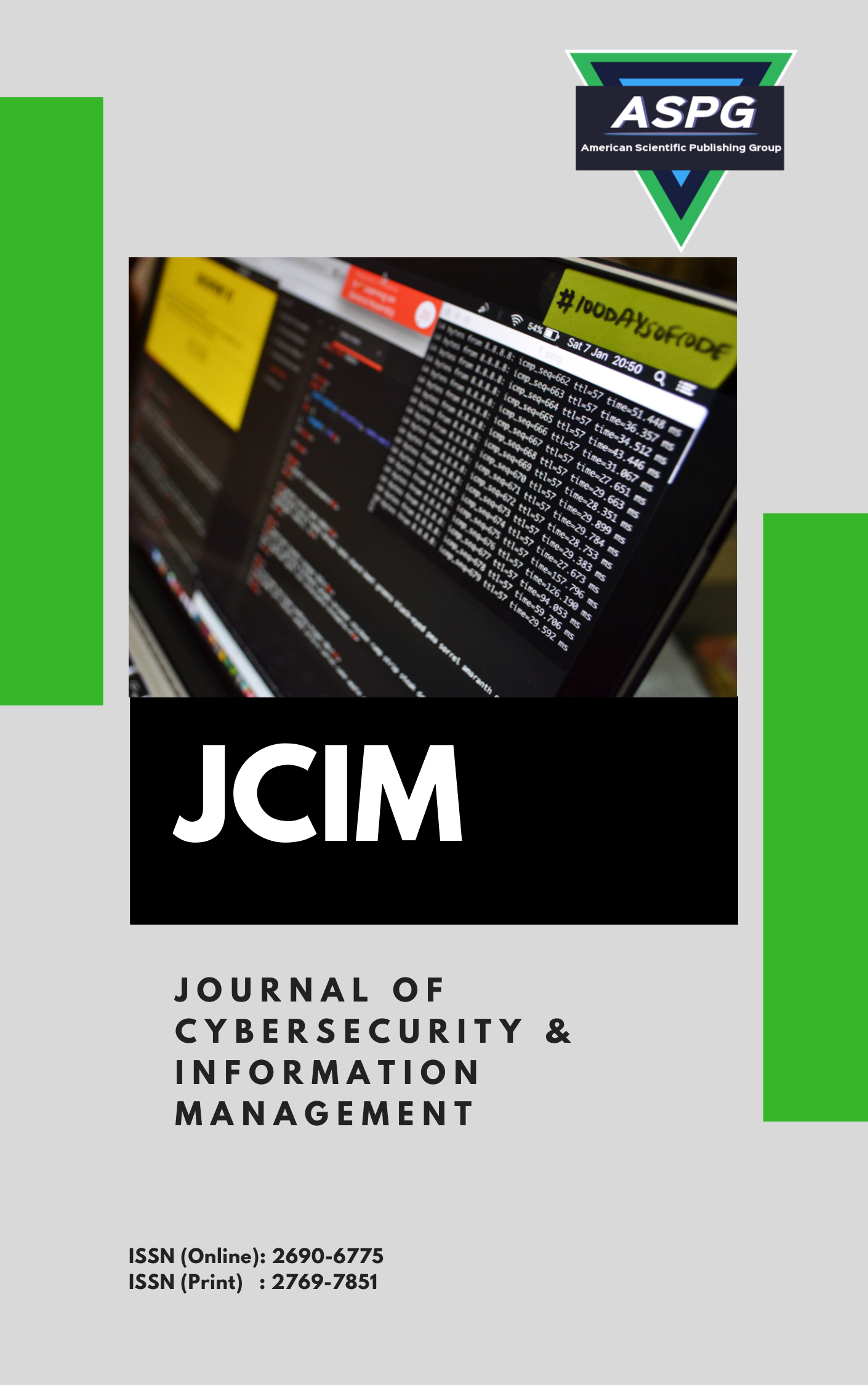

Wireless Sensor Network (WSN) encompasses a set of wirelessly connected sensor nodes in the network for tracking and data gathering applications. The sensors in WSN are constrained in energy, memory, and processing capabilities. Despite the benefits of WSN, the sensors closer to the base station (BS) expels their energy faster. It suffers from hot spot issues and can be resolved by the use of unequal clustering techniques. In this aspect, this paper presents a political optimizer-based unequal clustering scheme (POUCS) for mitigating hot spot problems in WSN. The goal of the POUCS technique is to choose cluster heads (CHs) and determine unequal cluster sizes. The POUCS technique derives a fitness function involving different input parameters to minimize energy consumption and maximize lifetime of the network. To showcase the enhanced performance of the POUCS technique, a comprehensive experimental analysis takes place, and the detailed comparison study reported the better performance of the POUCS technique over the recent techniques.
Read MoreDoi: https://doi.org/10.54216/JCIM.080201
Vol. 8 Issue. 2 PP. 42-50, (2021)
With the advancements in internet technologies and increased transactions over the internet the threats for data security increased many folds than ever. Nowadays message application services are in great demand, as they offered end-to-end encryption (E2EE) that is essential to provide security to the users while communication takes place between parties. Today messaging application service is in great use for communication. For making communication over the network. This paper presents that security is essential while communication takes place between users and how E2EE offers security to the users. Consumers' concerns related to the security and privacy of their data are growing day by day with increased inter-connectivity. We examine the existing mobile message service encryption protocols that provide security and the features which preserve privacy for messenger applications and also evaluate the technical challenges involved for its implementations.
Read MoreDoi: https://doi.org/10.54216/JCIM.080202
Vol. 8 Issue. 2 PP. 51-59, (2021)
Cyber-attacks are the attacks that target organizations and individuals either as a tool for other activities like identity theft, stalking, etc. or with a computer as a crime object like phishing, hacking, and spamming. Cyber-attacks are rapidly increasing and making cyber security a major concern currently. When launched successfully, cyber-attacks can cause massive damage to individuals and businesses. Hence, immediate response is mandatory to contain the situation in case cyber-attacks occur. In this paper, we will discuss the history, present and future of cyber-attacks and measures for organizations to prevent those attacks in future. The ever-elusive strategies and suspicious nature of criminals should also be identified. We have outlined some of the practices to prevent those attacks while recommending incidence response measures and updates in enterprises.
Read MoreDoi: https://doi.org/10.54216/JCIM.080204
Vol. 8 Issue. 2 PP. 71-83, (2021)
With the increasing number of connected vehicles on the road, the need for secure in-vehicle systems is more pressing than ever. In-vehicle attacks can compromise the safety and privacy of drivers and passengers, and the detection of such attacks is crucial to prevent potential harm. In this paper, we propose an applied deep learning approach for detecting in-vehicle attacks. Our approach is based on a gated recurrent unit (GRU) that is trained on a dataset of network traffic collected from in-vehicle communication systems. We evaluate our approach on a real-world dataset and demonstrate its effectiveness in detecting different types of in-vehicle attacks, including denial of service (DoS), remote replay attacks, and flooding attacks. Our results show that the proposed approach can achieve high accuracy in detecting in-vehicle attacks. We also compare our approach with traditional machine learning algorithms and show that our approach outperforms them in terms of accuracy. Our proposed approach can be used as a standalone system or as a complementary solution to existing in-vehicle security systems to enhance the overall cybersecurity of connected vehicles.
Read MoreDoi: https://doi.org/10.54216/JCIM.080203
Vol. 8 Issue. 2 PP. 60-68, (2021)
Precision medicine is an innovative approach to healthcare that relies on the use of genomic data, electronic health records, and other types of medical data to develop personalized prevention, diagnosis, and treatment strategies for patients. The use of artificial intelligence (AI) in precision medicine has the potential to improve patient outcomes and reduce healthcare costs, but it also raises significant privacy concerns. This paper provides a comprehensive review of the privacy nightmares associated with the use of AI in precision medicine. We examine the potential risks and threats to patient privacy, including the use of personal data for unintended purposes, the risk of data breaches and hacking, and the potential for discrimination and bias. We also analyze the legal and ethical implications of using AI in precision medicine, including issues related to informed consent and data ownership. Our investigation highlights the need for strong data protection regulations and ethical frameworks to safeguard patient privacy in the age of AI in precision medicine. As the use of AI in precision medicine continues to expand, the paper presents a road for future directions for protecting patient privacy, including the use of privacy-preserving machine learning algorithms and the adoption of privacy-enhancing technologies.
Read MoreDoi: https://doi.org/10.54216/JCIM.080205
Vol. 8 Issue. 2 PP. 84-94, (2021)